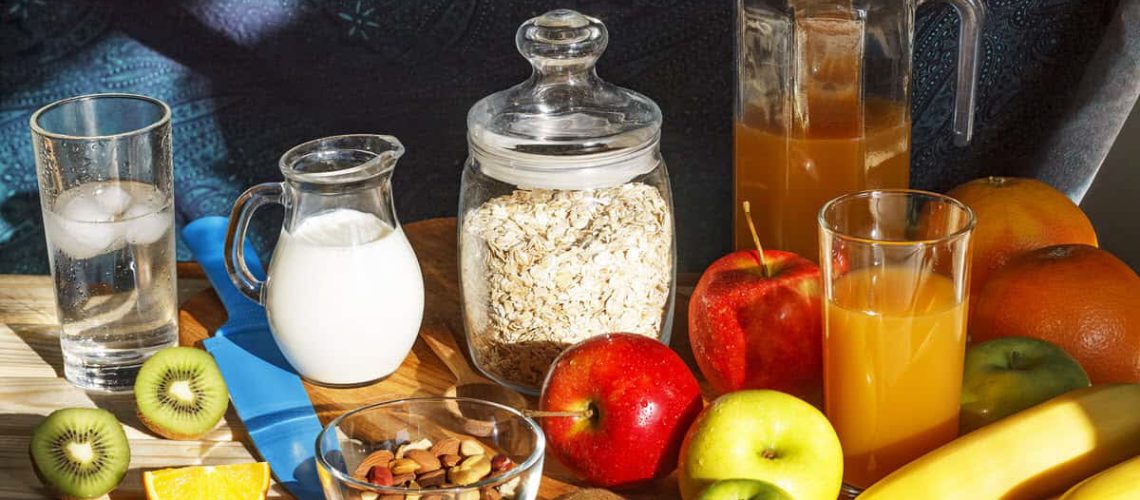Congratulations, you’ve made it to your 50s! This is an exciting time of life filled with new opportunities, experiences, and yes, changes.
One of the most important changes you’ll need to make is in your diet. As our bodies age, our nutritional needs evolve, and what worked for us in our 20s and 30s may not work for us anymore. But don’t worry, making simple changes to your diet can help you stay healthy, vibrant, and energized.
In this article, we’ll explore the key diet changes you need to make after 50 to feel your best and live your best life. So sit back, and let’s dive into the delicious world of midlife nutrition!
Stay Hydrated
As you age, your body’s water content decreases, and you may not feel thirsty as often. But don’t let that fool you into thinking you don’t need water. Dehydration can lead to fatigue, dizziness, and even confusion. So, make sure you’re drinking plenty of water throughout the day. A good rule of thumb is to aim for at least eight 8-ounce glasses of water a day.
Fill Up on Fibre
Fibre is your friend! After 50, your digestive system slows down, and constipation can become a real issue. Eating plenty of fibre-rich foods can help keep things moving smoothly; however, make sure to drink enough water to help the fibre work, or else it can contribute to making you constipated. Whole grains, fruits, and vegetables are all excellent sources of fibre. Plus, fibre can help lower cholesterol, control blood sugar, and reduce the risk of heart disease.
Keep an Eye on Your Sodium Intake
Speaking of heart health, it’s essential to keep an eye on your sodium intake. High blood pressure is a common issue when you’re older, and too much sodium can make it worse. Try to limit your intake of processed and packaged foods, which are often high in sodium. Instead, opt for fresh, whole foods that you can season with herbs and spices.
Manage Your Metabolism
While it may be tempting to try fad diets or skip meals, these approaches can do more harm than good. Focus on eating a balanced diet that includes plenty of whole foods, fibre, protein, and healthy fats. Recent studies have shown that our metabolism starts to slow down at around 63, but this doesn’t mean you should ignore your hunger signals. Skipping meals can slow it down even more and lead to overeating later on.
Up Your Protein Intake
Another dietary change to consider is increasing your intake of protein. After 50, your body’s ability to absorb protein decreases. This can lead to muscle loss and weakness, making everyday activities more challenging. To combat this, aim for 1 to 1.2 gram(s) of protein per kilogram of body weight each day. Lean meats, fish, beans, and nuts are all excellent sources of protein.
Eat Plenty of Probiotics
Probiotics are beneficial bacteria that can help improve digestion, boost immunity, and even reduce the risk of certain diseases. When we get older, our gut microbiome can become less diverse, which can lead to digestive issues and other health problems.
Eating probiotic-rich foods such as yogurt, kefir, sauerkraut, kimchi, and miso can help restore balance to your gut microbiome. Taking a probiotic supplement may be beneficial, especially if you’ve recently taken antibiotics or have digestive issues.
Make Sure You’re Getting Those Essential Nutrients
Don’t forget about the importance of vitamins and minerals. As you age, your body may have a harder time absorbing certain nutrients, such as vitamin B12 and calcium. Make sure you’re getting enough of these essential nutrients by eating a varied diet that includes plenty of fruits, vegetables, and dairy products.



